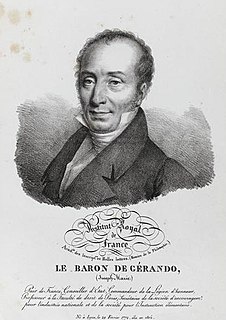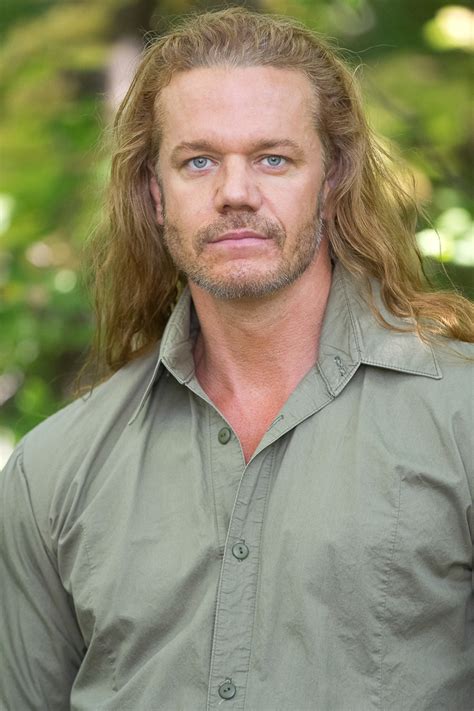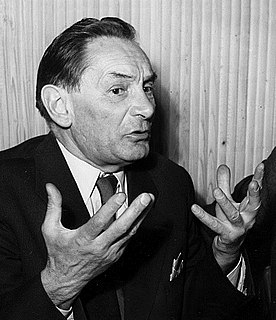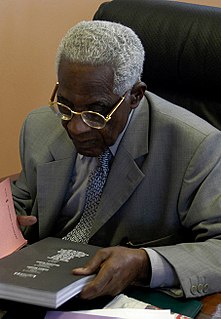A Quote by Joseph Marie, baron de Gerando
In the scenes of moral life the soul is at once actor and spectator.
Related Quotes
To be an actor and a director, I actually felt it helped me tremendously to be in the scenes of The Hollars, because as you can see, they're very intimate, very intense scenes. You don't want to break the actor's character and you don't want to break their momentum, so as the actor, I tried not to call cut as much as I could, and almost make it feel like a play, just set this environment where these amazing actors could do what they wanted to do.
Adam Smith's image of competition in the marketplace was intended as an adjunct to his detailed description of human motivation in The Theory of Moral Sentiments , in which the pursuit of profit is tempered at every juncture by sympathy and benevolence, and by the posture of the "impartial spectator" which is forced on us by our moral nature.
A champion plays the game; a spectator observes, criticizes and never really gets to live. A champion knows what he or she wants and goes after it with carefully calculated goals and no-holds-barred action. A spectator feels that his or her life is not their own. They let others dictate their destiny. They become victims of life instead of masters of it.
Cinema builds memories; great films continue to exist in the spectator's mind. We are naturally capable of and prone to nostalgia. A spectator will reconstruct a film he or she has seen, years later, and may even change their original opinion. One critic, for example, once gave the finger to one of my films; later he wrote me to apologize.









































